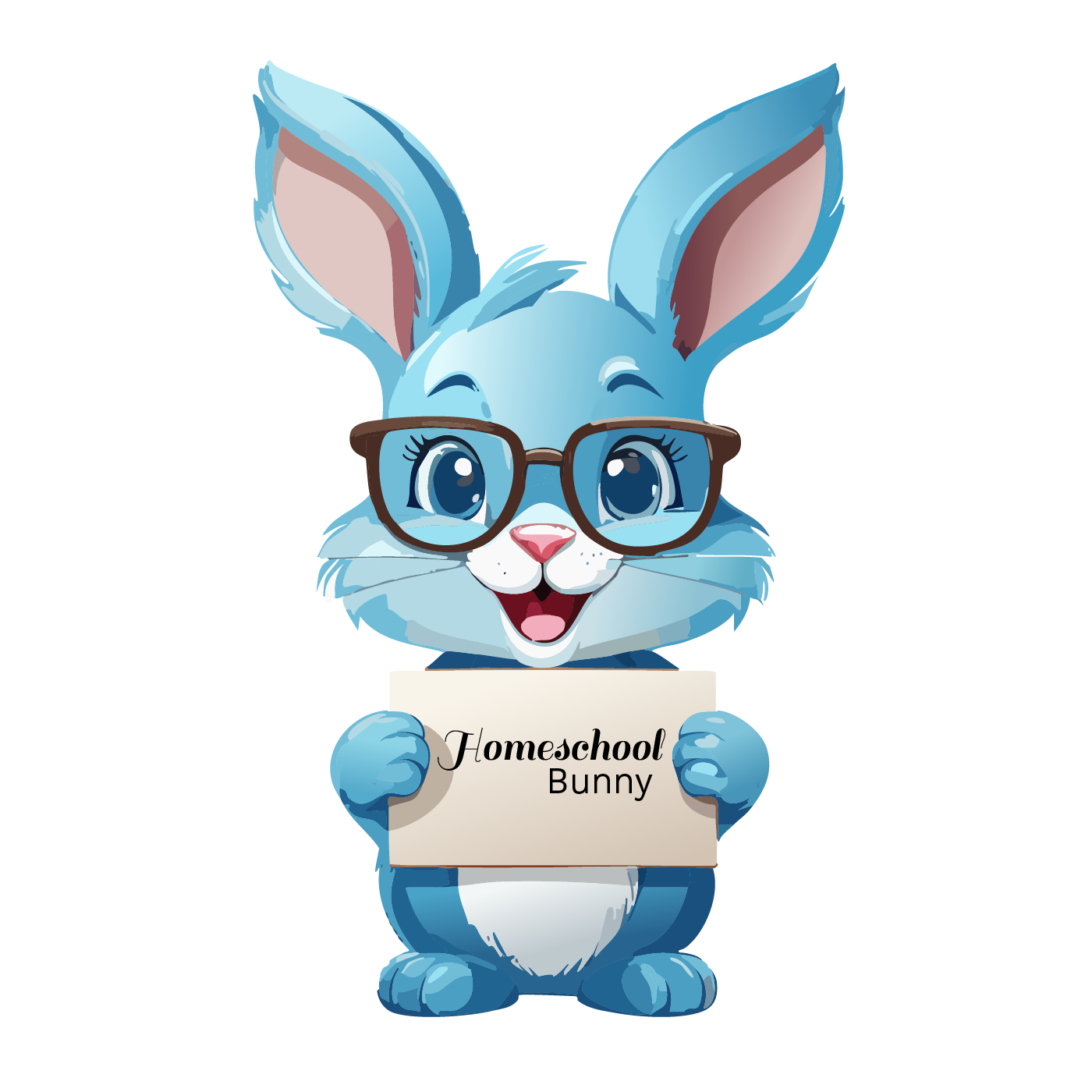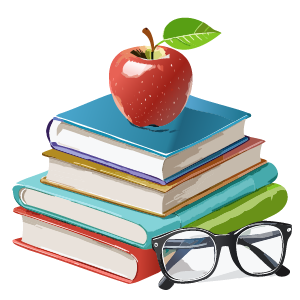The Montessori Method is an educational approach and philosophy developed by Dr. Maria Montessori, an Italian physician and educator, in the early 20th century.
This method is centered around the thought that children are natural learners. It is the role of education to support and nurture their innate curiosity and abilities.
Montessori Method Principles and Elements
Prepared Environment: Montessori classrooms encourage independent learning. It promotes exploration at their own pace.
Self-Directed Learning: Montessori education promotes self-directed learning, where children choose their activities and work on them independently. Teachers act as guides and facilitators rather than traditional lecturers.
Mixed-Age Classes: Montessori classrooms often have children of different ages working together. This mixed-age environment promotes collaboration, peer learning, and a sense of community.
Hands-On Materials: Montessori materials are self-correcting. It allows children to learn from their mistakes and build problem-solving skills. These materials cover various subjects, including mathematics, language, science, and practical life skills.
Educational Approach
Freedom within Limits: Students can choose their activities with clear boundaries and rules. These guide their behavior and interactions within the classroom.
Individualized Learning: Montessori education recognizes that each child is unique and progresses independently. Teachers observe and adapt their teaching to meet each child’s individual needs and interests.
Respect for the Child: The Montessori Method emphasizes respecting the child as a capable and independent learner. It encourages adults to treat children with kindness and dignity.
The Absorbent Mind: Montessori believed that children have an absorbent mind. They effortlessly soak up knowledge and experiences from their environment during sensitive periods of development.
Practical Life Skills: The curriculum includes activities that help children develop practical life skills. These skills, such as pouring, dressing, and cleaning, promote independence and self-sufficiency.
Peace Education: Montessori education often incorporates elements of peace education, promoting conflict resolution and cooperation to create a harmonious classroom environment.
The Montessori Method is used in many educational settings. It has gained popularity worldwide for its focus on child-centered, holistic development and its emphasis on fostering a love for learning.


